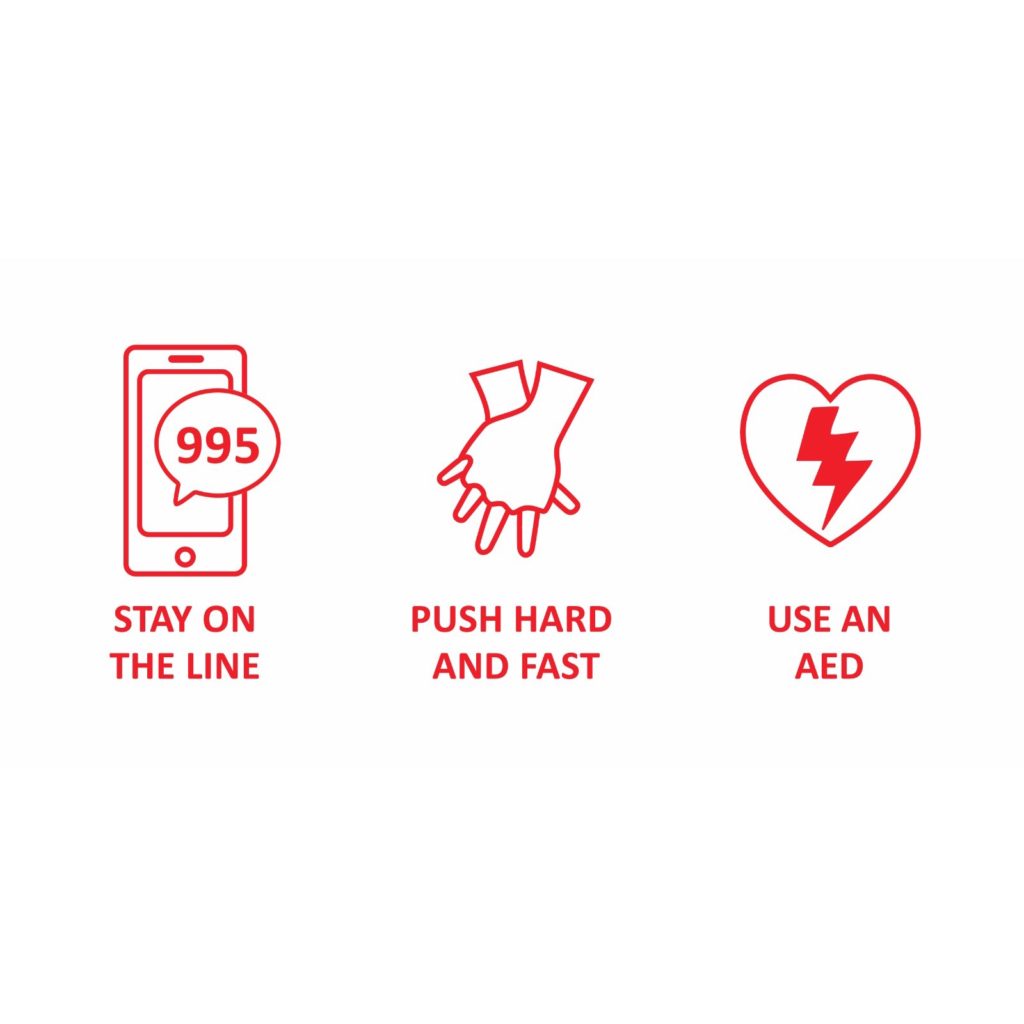Compulsory CPR Training
16 August: Letter To The Straits Times
Recently, the Straits Times published a letter in the Forum page asking for CPR to be made compulsory in schools. This letter by Ms Lam Yin Yin starts by acknowledging how useful a CPR course she took at the Red Cross was. She then shares how Singapore’s survival rates for cardiac arrests are relatively low. As she suspects it may be because of a lack of knowledge, she asks if the Ministry of Education might consider making CPR training compulsory. Finally she suggests that domestic helpers too receive compulsory training since they are often home with dependents.
22 August: Reply from Singapore Red Cross
Later that week, Benjamin William, CEO of Singapore Red Cross, thanked Ms Lam for attending their CPR training. In fact, he says that more than 2500 Singaporeans suffer from out-of-hospital cardiac arrest but only 5% survive. As a result, first aid training is key. Subsequently he lists various courses available at the Red Cross academy including first aid training for caregivers.
My Imaginary Addendum
Personally, I love a healthy exchange of ideas with members of the public. In fact, if I could, I would’ve added my own reply to Ms Lam’s initial letter. First of all, I would agree that widespread community outreach programmes are important. Hence we have taught DARE in malls and targeted caregivers. In addition, my letter would address her main suggestion about making CPR training compulsory in schools. And it would say, “Great news! It is!”
6 September: Resuscitation Academy
Building Community Responsiveness
Coincidentally, I was asked to speak about the very themes that Ms Lam had brought up in her excellent letter, at the prestigious Resuscitation Academy last week. We started the session off with a giggle because I showed up at 8.30am in my gala dinner attire, having spent the night in hospital scrubs in between. You might have guessed already that I was at the fundraiser for ex-offenders, where Hope Is A Colour Beyond Black And White. After the unintentional ice-breaker, we got right down to business.
Begin A Community Programme
One of the steps that the Global Resuscitation Alliance teaches is to begin a community programme for first responders. Hence, I shared with the international audience of Emergency Medicine Services providers about our DARE programme At The Heart of The Matter . I spoke about our 5 year journey towards crystalizing a national campaign for laymen to start CPR and use an AED. When I shared our campaign video starring the inimitable Adrian Pang, I felt so proud. Here it is once more:
Make CPR/AED Training Compulsory
In addition, the GRA also advocates making CPR & AED training compulsory. Possibilities raised over the past 6 years include linking it with getting a driver’s license, military service, or in schools. If Ms Lam Yin Yin were part of the audience, she would’ve heard me share about a major milestone that occurred 2 years ago. Our team managed to forge an understanding with the Ministry of Education that our primary schools would teach CPR theory to Primary 5 students. Subsequently, Secondary One students would have compulsory practical sessions. If you are a parent of a kid who has learnt CPR in school, please give me some feedback on how the class went!
In fact, recently, I’ve started teaching it in private pre-schools although this is not compulsory. Rather, it is a special event organised by principals & parents where we film the children learning how to identify cardiac arrest and what emergency number to call for an ambulance. Subsequently everyone has a go at CPR & AED training. Of course, we share the video with the parents so they can learn at home too. Here’s an example of what we’ve done: https://youtu.beGG0R47udriw.
Jolly Good Fellows
Some of these international emergency medicine fellows are building community programmes in their own countries. Some of my fellow speakers have been on my team for a long time, going through several challenges with me. I was relieved to share our successes with an audience who were so engaged. I sure hope that next time we hold similar seminars we’ll be able to share more rather than rest on our laurels. For instance, I hope we have a bigger focus on good quality CPR rather than just increasing awareness.
Enabling Caregivers
There is one more question that Ms Lam Yin Yin’s letter poses, and that is the issue of training domestic helpers. To date, we have trained more than 88,000 individuals in CPR, a vast majority of them being Singaporeans. In our personal time, many of us hold training sessions for foreign workers including domestic helpers. I remember holding a weekend of lessons 3 years ago at the Singapore Council of Women’s Organisations.
Recently I stopped by at Aria Training & Consultancy for a meet-&-greet with their students. They were caregivers from the Philippines, Indonesia & Myanmar. After showing them our DARE video and revising the basics, we had an interactive question-&-answer session. I’m so glad agencies are making a big effort to train caregivers because as Ms Lam Yin Yin says, they are often closest to the aged or young in our homes. Furthermore, 70% of cardiac arrests happen in the home. Therefore we should not just teach people to be kind and help strangers. In truth, we may be teaching them to save a loved one.

